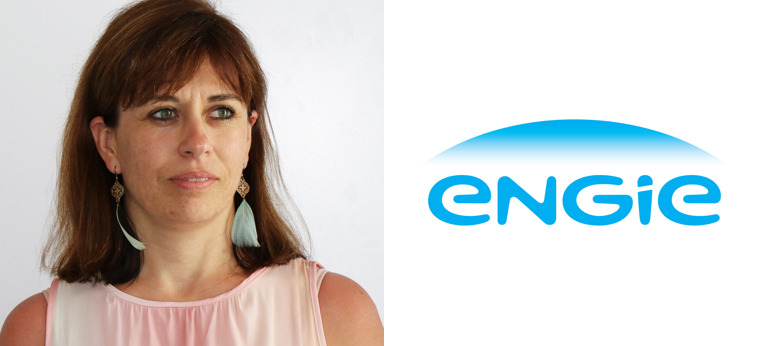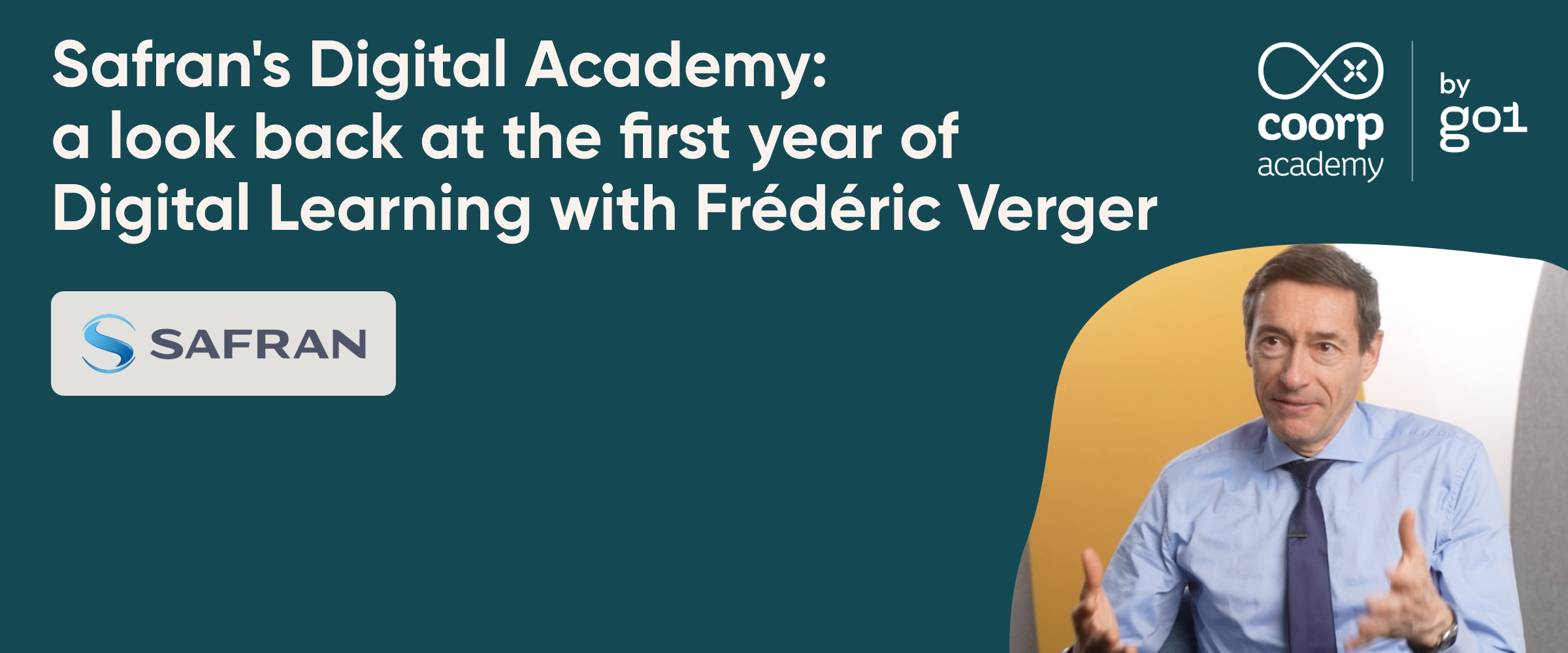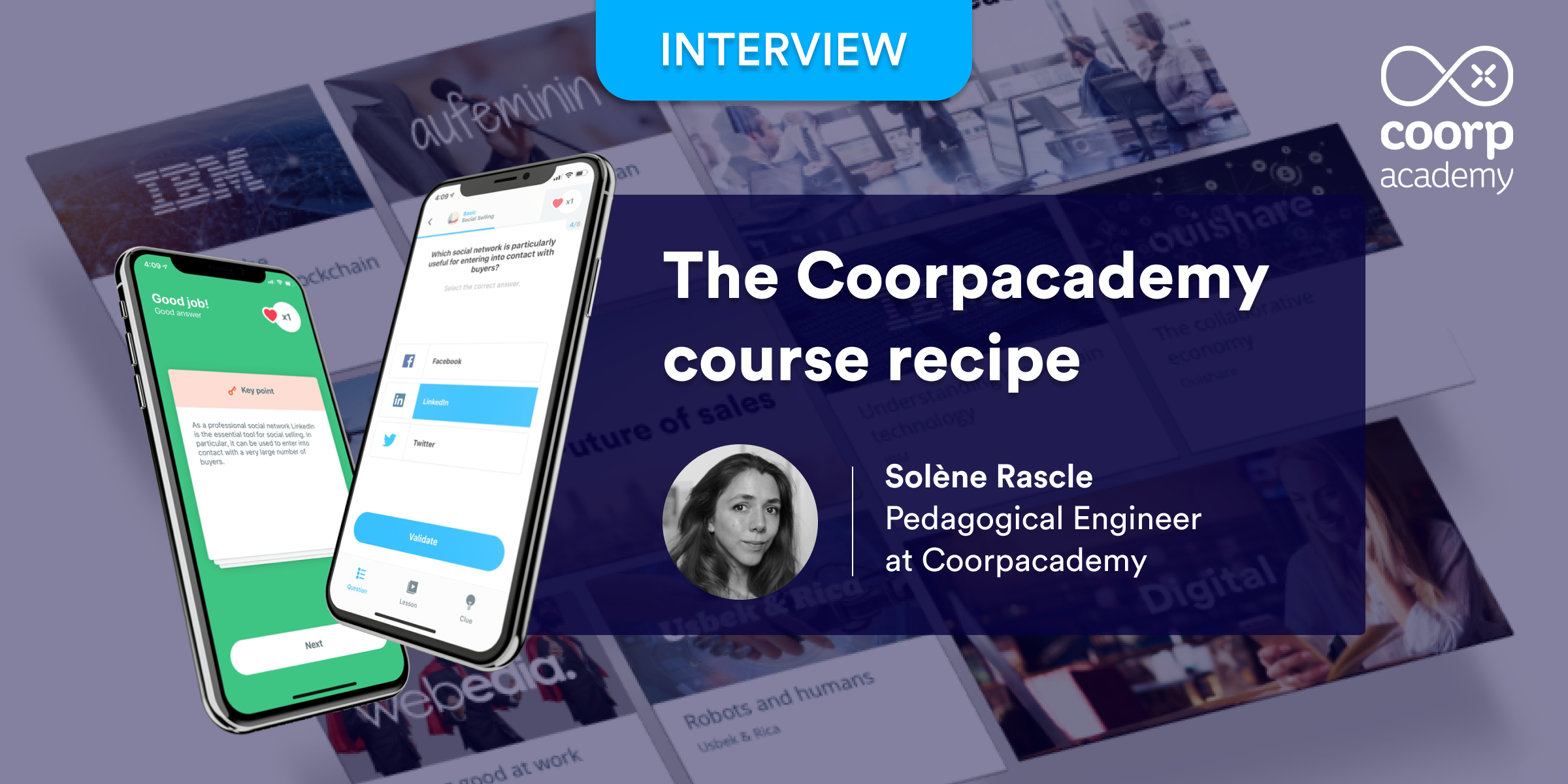Modernization through digital learning
Interview
 Delphine Martin-Maroux, Change Management Director and Internal Communication Correspondent at Engie’s Entreprises & Collectivités division, answered a few questions about the digital learning project currently being deployed within her organization. It was implemented full steam ahead in a context of internal reorganization of functions and missions.
Delphine Martin-Maroux, Change Management Director and Internal Communication Correspondent at Engie’s Entreprises & Collectivités division, answered a few questions about the digital learning project currently being deployed within her organization. It was implemented full steam ahead in a context of internal reorganization of functions and missions.
Why did you choose to go with digital learning in a context of rapid and deep changes?
In February 2016, Engie Entreprises & Collectivités decided to accelerate its process of modernization and carried out three big projects simultaneously to that end: a new organization, a new CRM tool and a new training method.
The global objective was to reorganize our teams and redefine everyone’s mission.
More specifically, the modernization of our CRM (Customer Relationship Management) was one of the priority objectives. A new CRM tool, Salesforce, was implemented to achieve that. We wanted our teams to appropriate it rapidly so they could use it efficiently.
To support all these changes, we decided to apply new training methods. That’s when we deployed a digital learning platform with Coorpacademy, to complement traditional classroom training.
What were the main objectives of the MOOC platform “Wetransform – Entreprises & Collectivités”?
We chose the MOOC format for three main reasons. The first is that MOOCs themselves are innovative tools, so they are part of the modernization process we initiated globally. The second reason has to do with learning. The MOOCs we developed are very pragmatic courses, as our teams had told us they needed less theoretical training, and rather very concrete courses with content that is immediately applicable in their daily jobs. So our MOOC platform enabled us to simultaneously reach our objectives in terms of learning and innovation. The third goal, and it’s an important one, was to optimize our direct and indirect costs related to training. We were able to divide by three the total time of our classroom training.
How did the teams react to the implementation of e-learning? Did you observe beneficial effects specific to the use of the MOOC platform?
Beyond the training of our teams, one of the objectives with Wetransform was to enhance the responsibility of managers with regards to training. They now have this new tool at their disposal to organize the training of their teams. They can choose the way they administer the MOOCs. Some chose to give their teams a lot of freedom, and others took this opportunity to organize common sessions, which helped reinforce team cohesion.
If we give more autonomy to managers, all the employees will benefit. They have total autonomy for following the online courses, since they are available anytime. We observed that this is a considerable advantage for new recruits. Their onboarding is way easier! They don’t need to wait several weeks before they can get training and acquire skills on the new subjects they need to master. They can start very quickly and with total freedom.
Finally, this new type of training enabled us to gently bring up to speed the smarty-pants. What I mean by this is that there are some subjects you think you master, but you actually don’t. On the Wetransform platform, every course comes with a quiz, which makes for a quick and objective evaluation of anyone’s level of knowledge. And that can generate a few surprises… People can realize that they were “being a smarty-pants” on a specific course, and get up to speed straight away. This type of behavior is very common and can concern all of us, and it’s remedied thanks to the pedagogy of Wetransform!
What are your plans this year in terms of training programs and new MOOCs on Wetransform?
After the marketing and CRM MOOCs, this year we deployed an SAP MOOC in February, a Customer Area MOOC in May and recently a Profitability MOOC. And we are looking at other subjects that we could make other MOOCs about.
Every time we create a course, if there is a large proportion of theoretical content, we evaluate the relevance of a MOOC. So the story continues…


